Anxiety About the Vaccine? Your Vaccine Questions, Answered
Written by Dr. Glen Elliott, PhD, MD; Chief Psychiatrist & Medical Director at CHC
 COVID has left us sheltered-in-place, second-guessing every decision, cut off from friends and family, with plans completely out of our control for nearly a year. We’re exhausted, anxious, depressed, lonely and exasperated. Our kids slump over their screens while teachers bend over backwards to keep them educated and engaged. Our weekend calendars stare back at us, blankly. But now there is hope. As vaccines make their way into the world, we can start to imagine a life beyond our 6-foot radius. Read more »
COVID has left us sheltered-in-place, second-guessing every decision, cut off from friends and family, with plans completely out of our control for nearly a year. We’re exhausted, anxious, depressed, lonely and exasperated. Our kids slump over their screens while teachers bend over backwards to keep them educated and engaged. Our weekend calendars stare back at us, blankly. But now there is hope. As vaccines make their way into the world, we can start to imagine a life beyond our 6-foot radius. Read more »

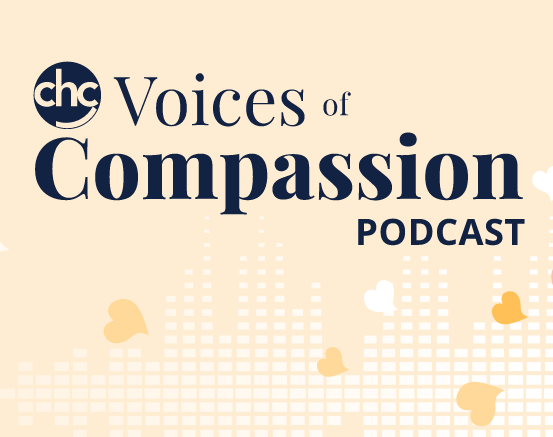
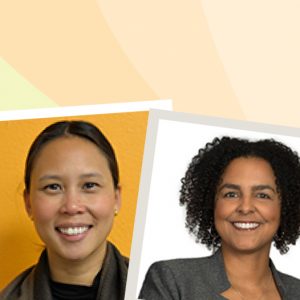 Let’s face it. Life can be painful. While we can’t avoid pain, our resistance to accept reality only exacerbates our suffering. In this podcast episode, we sat down with
Let’s face it. Life can be painful. While we can’t avoid pain, our resistance to accept reality only exacerbates our suffering. In this podcast episode, we sat down with 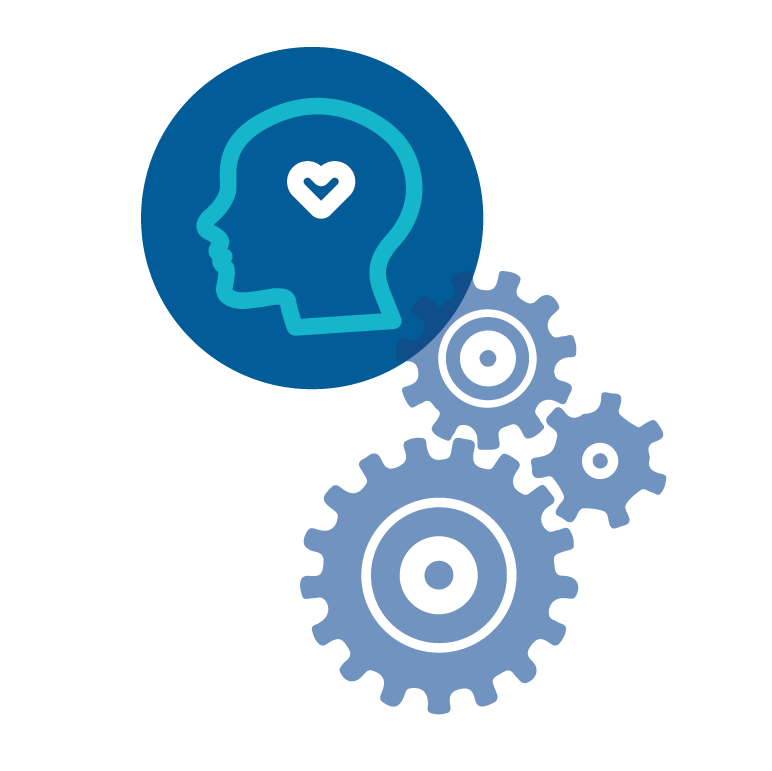
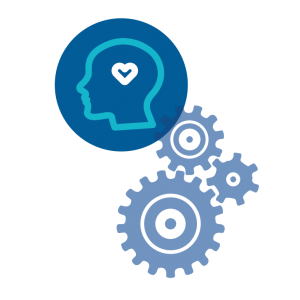 Dialectical Behavior Therapy (DBT) focuses on teaching people strategies to help them live their best and most productive life. DBT is often used to help people with depression, anxiety, borderline personality disorders, addictions, eating disorder, and PTSD.
Dialectical Behavior Therapy (DBT) focuses on teaching people strategies to help them live their best and most productive life. DBT is often used to help people with depression, anxiety, borderline personality disorders, addictions, eating disorder, and PTSD. 
 When we try to grasp for “a false sense of control” or fight against situations/emotions that we cannot change, this often leads to suffering. While there are certainly situations or circumstances in life that are within our control, often there are times when we simply are unable to change the reality of a situation.
When we try to grasp for “a false sense of control” or fight against situations/emotions that we cannot change, this often leads to suffering. While there are certainly situations or circumstances in life that are within our control, often there are times when we simply are unable to change the reality of a situation.  What does 2e look like, and how can you best leverage the strengths and interests of your 2e child during distance learning? In today’s episode, Resilience and Engagement for Every Learner (REEL) founders and parents of 2e kids, Callie Turk and Yael Valek, share the joys and silver linings of flexible learning for 2e students.
What does 2e look like, and how can you best leverage the strengths and interests of your 2e child during distance learning? In today’s episode, Resilience and Engagement for Every Learner (REEL) founders and parents of 2e kids, Callie Turk and Yael Valek, share the joys and silver linings of flexible learning for 2e students. 
 What’s not often well-known or well-understood is that students who are gifted may also have a special need or disability— just as students with disabilities may also be gifted. The term “twice-exceptional,” also referred to as “2e,” is used to describe gifted children who, have the characteristics of gifted students with the potential for high achievement and give evidence of one or more disabilities as defined by federal or state eligibility criteria.
What’s not often well-known or well-understood is that students who are gifted may also have a special need or disability— just as students with disabilities may also be gifted. The term “twice-exceptional,” also referred to as “2e,” is used to describe gifted children who, have the characteristics of gifted students with the potential for high achievement and give evidence of one or more disabilities as defined by federal or state eligibility criteria. 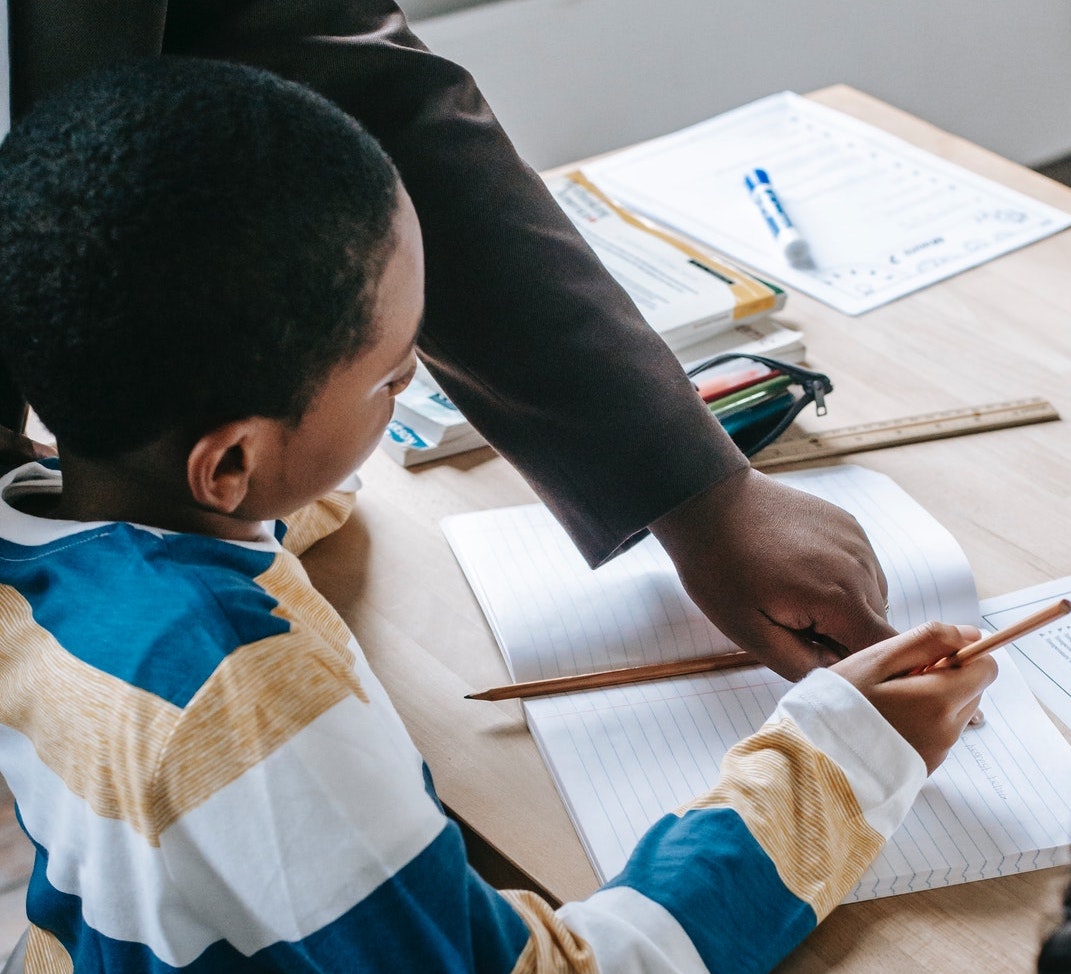
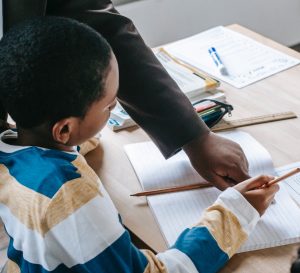 As individuals, each of us has a unique combination of strengths and weaknesses. But sometimes we are exceptionally strong or weak in certain areas. In the school setting, students with exceptional strengths and weaknesses may have different instructional needs than other students. Twice exceptional or 2e is a term used to describe students who are both intellectually gifted (as determined by an accepted standardized assessment) and learning disabled, which includes students with dyslexia.
As individuals, each of us has a unique combination of strengths and weaknesses. But sometimes we are exceptionally strong or weak in certain areas. In the school setting, students with exceptional strengths and weaknesses may have different instructional needs than other students. Twice exceptional or 2e is a term used to describe students who are both intellectually gifted (as determined by an accepted standardized assessment) and learning disabled, which includes students with dyslexia. 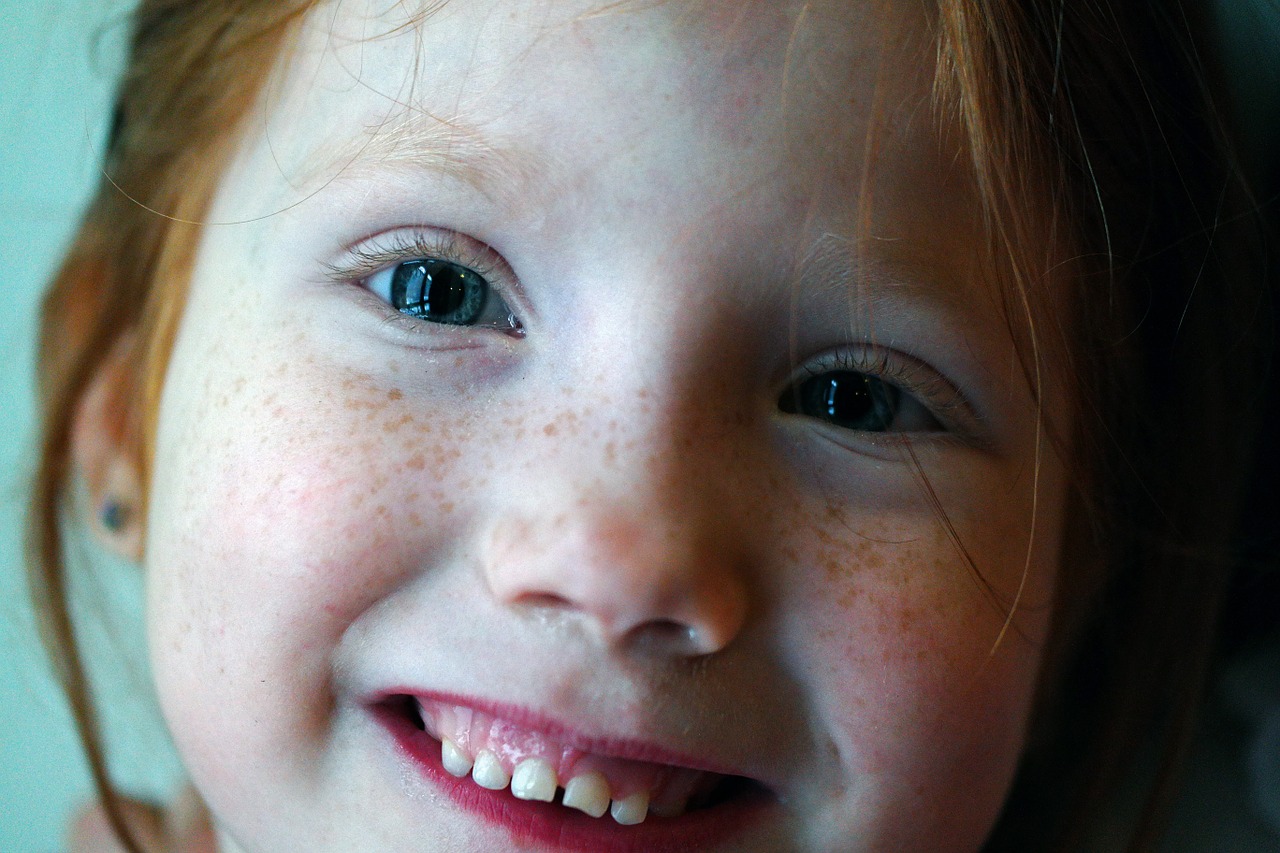
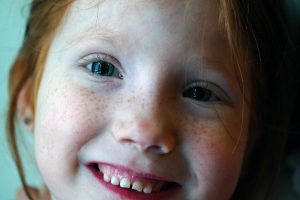 “Twice exceptional” (2e) is the term used to describe intellectually gifted children with great potential for academic achievement who also have a learning disability or neurological challenge, like attention deficit hyperactivity disorder (ADHD or ADD).
“Twice exceptional” (2e) is the term used to describe intellectually gifted children with great potential for academic achievement who also have a learning disability or neurological challenge, like attention deficit hyperactivity disorder (ADHD or ADD). 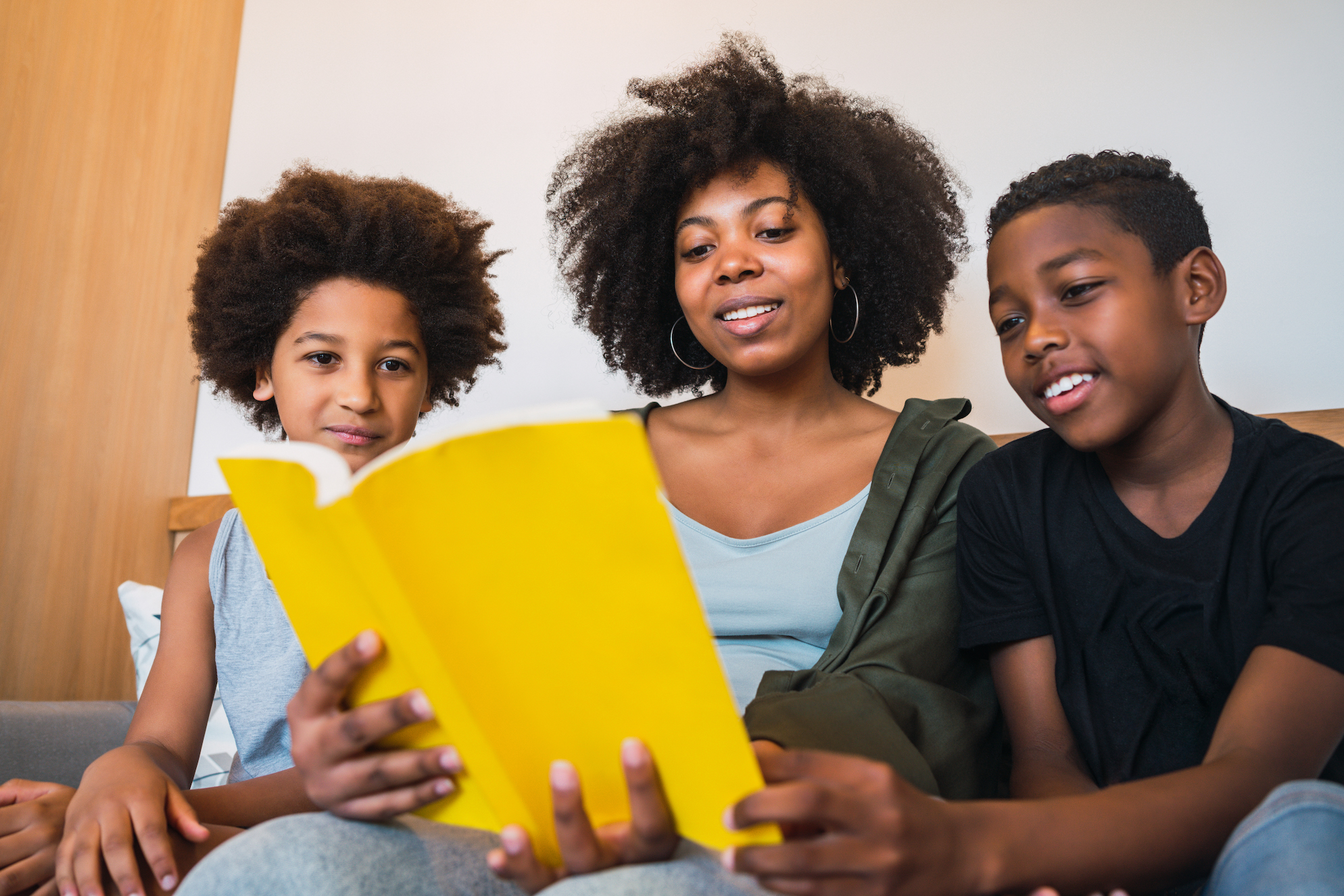
 When books contain experiences and characters to which children can relate, they foster a positive self-concept and respect for diversity. This collection of children’s books curated by
When books contain experiences and characters to which children can relate, they foster a positive self-concept and respect for diversity. This collection of children’s books curated by 

